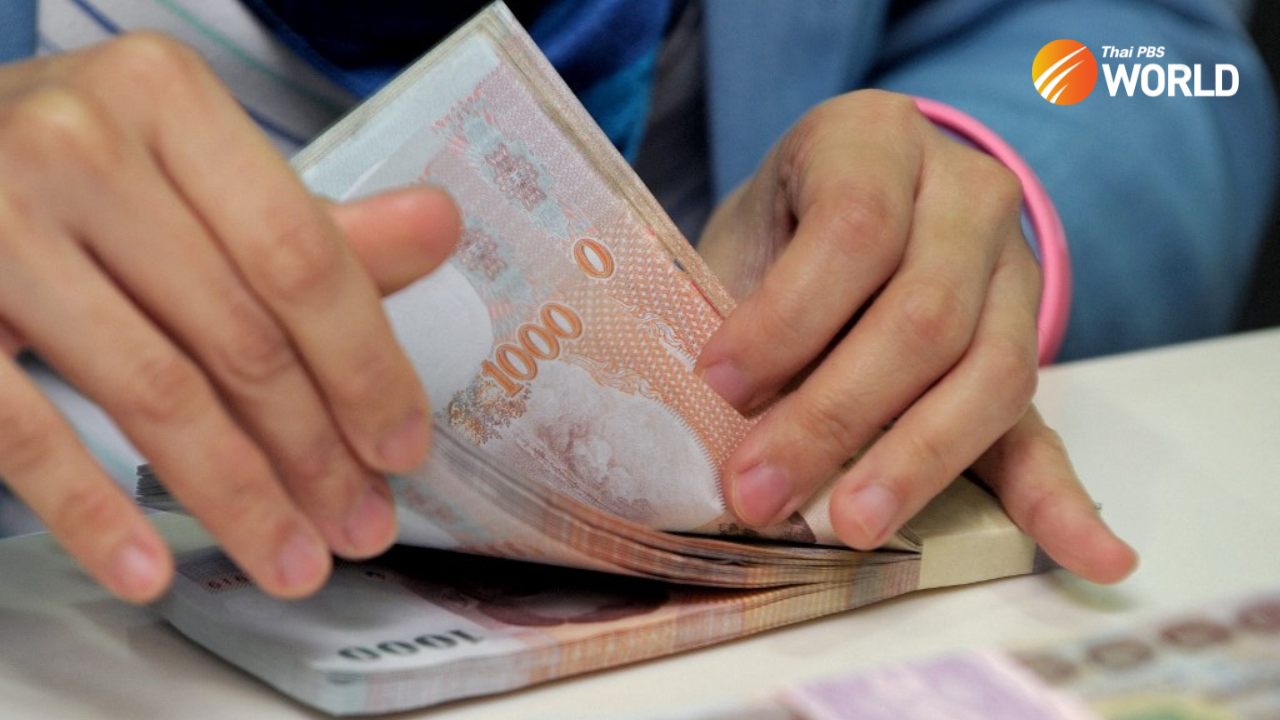How the US rate hike impacts the baht and Thailand’s economy

The US is the world’s largest economy and the US dollar is widely used worldwide, as a result, the actions and decisions of the US Federal Reserve (Fed) have a profound impact on the baht and other currencies.
Thailand has a relatively small, open economy that is heavily dependent on the export of goods and services. So, any changes in the world’s largest economy create ripples in Thailand as well.
The Fed has aggressively increased its benchmark rate this year to fight rapidly rising inflation. It effected a 0.75 percentage point interest hike in July as inflation soared to a 40-year high in June, hitting 9.1 percent.
With the latest data suggesting strong new jobs growth in July, markets are predicting another hike by 0.75 percentage point when the Fed meets in September, the third straight hike of that magnitude.
The Fed’s rate hikes have made the US dollar stronger against the baht and other currencies. At one point in July, the baht fell to almost 37 to the dollar, a 16-year low.
The Bank of Thailand (BOT) has said that the weakening of the baht since early this year has been caused by the strengthening of the dollar. The baht’s downward movement has largely been caused by external factors estimated at up to 86 percent.
The Fed is expected to increase its policy rate again in the next meeting and this will again have a significant impact on other currencies, including the baht.
Is the BOT behind the curve?
Some economists are worried about the slow response to the stronger dollar and the weakening baht. They believe that the BOT should start to increase its policy rate now.
The central bank has sent signals of a rate hike in August and it would be on a gradual basis. The BOT has tried to calm the markets down, arguing that the baht has not rapidly weakened and other currencies have weakened even more against the dollar.
Freedom of running monetary policy
Despite the profound impact of external factors on the baht’s volatility, BOT Governor Sethaput Suthiwartnarueput has assured that the central bank has room to manage its monetary policy.
“The US economy is now overheating while the Thai economy has just started to recover from the COVID-19 fallout, so we need not increase the policy rate like the US did,” he said recently. He explained that while the US is applying the brakes on its economy, Thailand is easing off the accelerator pedal.
Capital outflows
Some economists have suggested that the widening interest rate gap between the US and Thailand had caused capital outflows.
Sethaput countered that there are many factors which could cause capital outflows from Thailand. He pointed to the fact that despite Thailand’s 0.5 percent policy rate, or a minus 1.25 percentage point from the US rate, foreign capital still flowed into the stock market early this year until July 18. During the same period, capital flew out of India and Indonesia despite their policy rates being 3.15 percentage points and 1.75 percentage points respectively on top of the US rate.
Outsiders pointed to the $2.8 billion apparently used by the BOT to defend the baht, which had lowered its international reserves to $247 billion. Sethaput said that the decline in international reserves largely was caused by valuation of the reserves impacted by a stronger dollar, not as a result of intervention in the exchange rate market.
Large accumulated international reserves and the floating exchange regime have provided the BOT key tools to manage the baht’s movement, aiming to avoid sharp swings on either side, according to the central bank.
Recession worries
Can the Thai economy remain immune to the impact of a potential US recession?
The aggressive rate hike policy implemented by the Fed has sparked fears of a recession in the US, sending US stock markets into bear territory with the Dow Jones Index, the S&P 500, as well as the Nasdaq, sliding southward.
Other major central banks have also raised interest rates to fight inflation. Many investors are worried that a tightening of monetary policy might plunge the global economy into recession.
Sethaput said there is a small chance of a recession, but he agreed that the US and global economies would slow down. The International Monetary Fund recently cut its global economic growth forecast to 3.2 percent, down from the previous estimate of 3.6 percent and slashed US GDP growth rate by 1.4 percentage points to 2.3 percent.
The Fiscal Policy Office of Thailand’s Finance Ministry has maintained its growth rate projection at 3.5 percent for the Thai economy this year.
By Thai PBS World’s Business Desk






